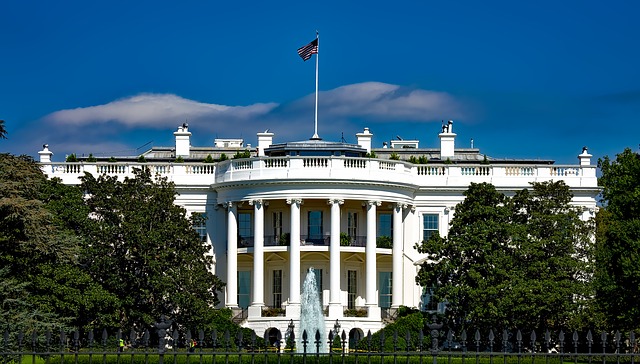
 Originally Published by Worldwide ERC on November 4, 2018
Originally Published by Worldwide ERC on November 4, 2018
On 4 November, HBO aired an interview from 29 October with U.S. President Donald Trump conducted by the media company Axios. In response to a question, the President cited his ability to issue an executive order to end the automatic citizenship for certain individuals born in the U.S.
Based on the video and written excerpts of the interview released by Axios, President Trump stated White House counsel believes he has the authority to end the citizenship right for newborns of non-citizens and unauthorized immigrants through executive order.
In the interview, the President also stated that just such an executive order is in process. Axios had released clips of the interview on 30 October and shortly afterward the President signaled his intent to push the issue.
The current long-standing precedent on citizenship differs from the position conveyed by the President. A difference in interpretation of the birthright citizenship section of the 14th Amendment could impact the decision of transferees to relocate to the U.S. Worldwide ERC® is monitoring for the release of the indicated executive order and other immigration initiatives coming from the Administration that would impact the mobility community.
The consensus amongst constitutional scholars is the 14th Amendment of the U.S. Constitution applies citizenship to all individuals born in the U.S. regardless of the legal status of their parents. Section 1 of the 14th Amendment states: “All persons born or naturalized in the United States, and subject to the jurisdiction thereof, are citizens of the United States and of the state wherein they reside.” Some experts argue “and subject to the jurisdiction thereof” could be interpreted to mean just citizens and other legal permanent residents of the U.S.
Should President Trump issue an executive order it will most likely apply to undocumented immigrants and potentially documented individuals in the U.S. on a temporary basis. An executive order making any changes to current precedent will most certainly face a lawsuit with the order likely to be blocked from being implemented and ultimately not survive the legal challenge.




